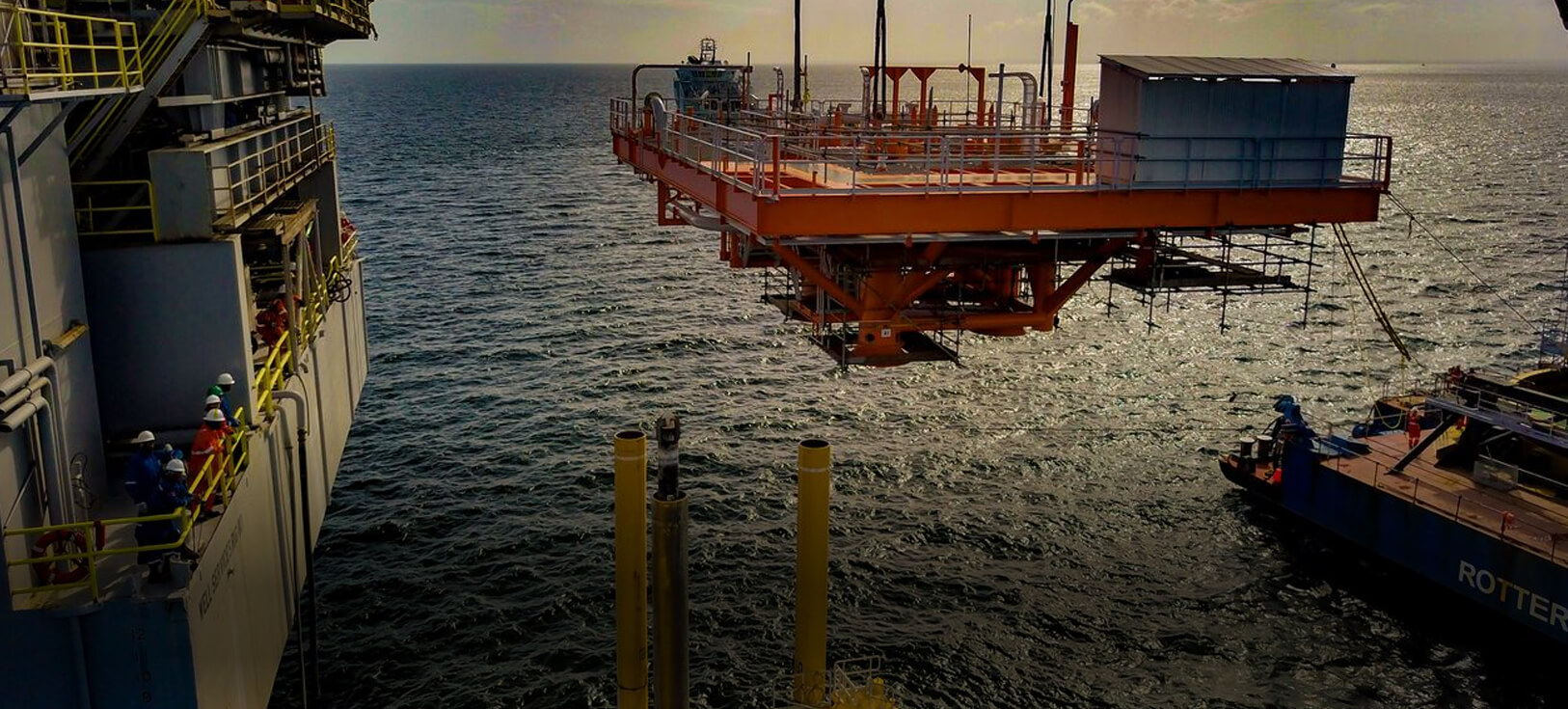Can Small Pool of Gas Save Us?

GUARDIAN, 24TH FEBRUARY, 2019 CURTIS WILLIAMS
T&T’s economic success over the last 30 years has been primarily based on the country’s ability to find and produce natural gas, relatively inexpensively, and then convert it into petrochemical products for sale into the international markets and in particular the United States.
This allowed a small island with less than one per cent of the world’s reserves to become the largest exporter of ammonia and methanol and be a player in the export of liquefied natural gas (LNG). Over the last nine years, this model has been threatened by a combination of shale gas in the United States and natural gas shortages in T&T. Former energy minister Kevin Ramnarine estimates that the combination of shale gas and natural gas curtailment has led to a loss of competitiveness by the local petrochemical sector.
He said: “The value proposition upon which the Point Lisas model was premised in the 1970s to mid-2000s was cheap natural gas and reliability of supply. “This value proposition has been eroded due to rising natural gas prices and due to the curtailments of natural gas supply which are now in their ninth year. “At the same time natural gas has gotten cheaper in the USA and there are abundant supplies.
This means we have lost competitiveness at Point Lisas. This is a serious risk especially when methanol and ammonia prices are soft.” In some ways the challenge is intertwined, in that the cost of gas in T&T has increased to the point where it is cheaper to buy gas in the United States—as was explained recently by Proman’s CEO David Cassidy who said his company has been able to lock in a price below US$3 per million standard cubic feet mmscf—and the competition in the export market has become greater because of access to lower gas prices.
Add to that the natural gas shortage and one can see the potential trouble T&T’s main exports can face. While there is nothing this country could do to stop the shale revolution what we must do in the upstream is seek to bring an end to the curtailment issues and ensure that the price that is being charged for natural gas is competitive.
Last year, at the annual Energy Conference, President of National Gas Company (HGC) Mark Louquan correctly identified the challenge. He explained: “Persistent curtailment and reduced production have undermined our global position. The US emergence as a net exporter in 2016 continues to shift market fundamentals and the curtailment has caused decisions on plant turnarounds to be stymied by uncertainty around long-term supply and prompts evaluation on the best use of gas.”
Ramnarine said there is a need to ensure the upstream is competitive and to encourage more search and production of natural gas. “As Poten and Partners recommended in the 2015 Gas Master Plan, there is an urgent need to address upstream competitiveness in the face of a lower for longer price environment post- 2015. This would be the first step. We also need to make new acreage available for exploration. The Ministry of Energy has not awarded any new acreage since Q4 2014. That is a hiatus of five years. This country will pay a heavy price in the next decade for that lapse,” he said. But is this really a case for the urgent development of small pools of gas already discovered as is near to existing infrastructure. NGC has certainly been lobbying for this.
Chairman Professor Gerry Brooks said the company has identified small pools of gas and the example of DeNovo in the Gulf of Paria has shown it can be done quickly and competitively. De Novo has also indicated that they are in discussion with the larger players hoping to partner with them in producing the smaller pools of gas. But where is the Ministry of Energy in all of this? Where is the leadership in recognising that the country does not have time and that T&T’s economy depends on wise and aggressive leadership? We see what poor leadership in the energy sector did to us in the past and history does tend to repeat itself. NGC Chairman Professor Gerry Brooks said the company has identified small pools of gas and the example of DeNovo in the Gulf of Paria has shown it can be done quickly and competitively. De Novo has also indicated that they are in discussion with the larger players hoping to partner with them in producing the smaller pools of gas.